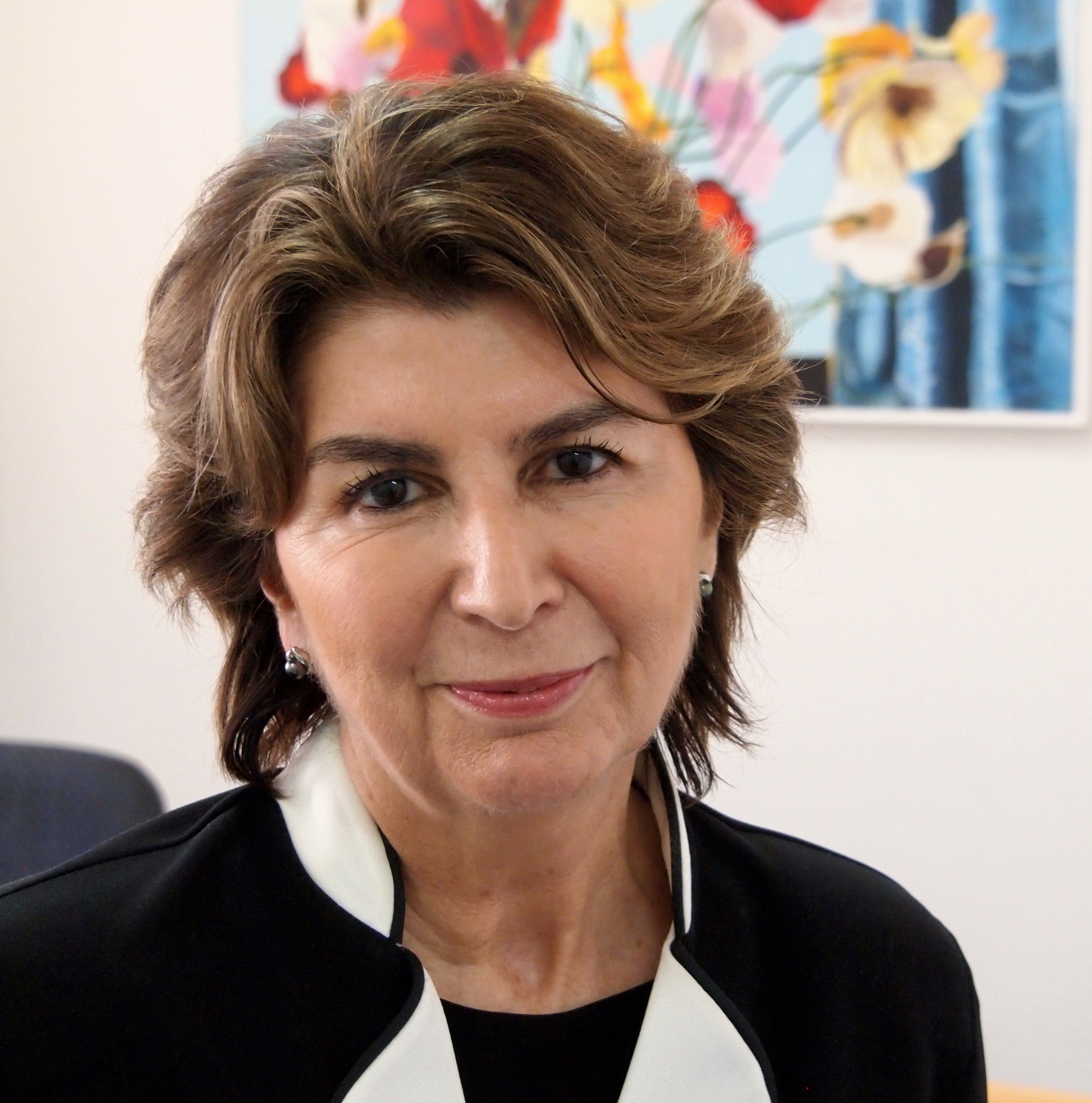
There has been a plethora of writing about the Hayne Royal Commission (HRC) particularly around rebuilding trust and bringing ethics into decision making. I do not intend to duplicate or compete with the excellent guidance that is now available on these topics.
But as a person that is in the industry and now chairman of a company that was highlighted in the HRC for poor behaviour, I was asked to put some thoughts together about the HRC.
I think it is important to take stock of what has happened over the last few months.
The impact of the HRC has been significant and that impact continues directly and indirectly for many of us. We know the HRC showed in vivid detail that conduct ranging from unethical to illegal, changed the lives of many consumers for the worse with many lives being destroyed. There is no getting away from this and we must do what we can to remedy their loss.
Within the industry, jobs have been lost and reputations ruined. Within my own company over 100 young people have lost their job, due to no fault of their own, so you would be wrong to believe that only high-profile leaders have been impacted. There has been a human cost within the industry, not least the many staff that worked endless hours to ensure preparation for the HRC was complete.
The preparation and ongoing response to the HRC has also cost millions of dollars, and enormous fees will continue to be earned across various legal and consultancy firms as we try to resolve issues on multiple fronts. This financial cost also has an impact.
Finally, many shareholders have seen their portfolios reduced in value, not all these shareholders are large institutions. Another human cost!
We have a responsibility to make sure this was not in vein.
The whole industry needs to own what has happened and we need to rebuild even while we are still responding to both the fallout of the HRC and to our regulators. To start to rebuild we need to start asking and answering some questions.
Our first challenge is to redefine our purpose. Our purpose must lead to something good. We must ask ourselves – Are we giving more to the community than we take out? We all have a responsibility to make sure the system works to the community’s benefit. Systems should not destroy people’s dreams.
We have three key questions as an industry to answer.
- Where are we going?
- How are we going to get there?
- Who are we going to be on the way?
I know that any industry wide approach is hard and not widely recognised as part of the solution.
I have the sense there are those that seem to believe the case study process used by the HRC was all encompassing, exposing all the wrongdoing, and that it is only those organisations subject to direct scrutiny that need to change. This is not correct in my view.
We also need to be careful about condemning a whole organisation and assuming every aspect of its operations is below community expectations. Even for the many organisations exposed during the HRC, there are parts of the business that should not be tainted and tarred with the same brush. We need to be balanced in our assessment. This is not the time to determine that an organisation cannot be part of the industry wide solution.
To begin we need to get better at asking questions because I suspect that our failure to ask good questions and to really understand, has been part of our down fall. We have a responsibility as individuals, organisations and industry to do this.
Just because we see or read or hear about something it doesn’t mean it is true. Just because a behaviour or decision is made by a person in authority – it doesn’t mean it is right. We need to get better at seeking to understand rather than just making assumptions. You cannot truly understand without asking questions. The more you understand, the better your judgement will be which should result in a better decision and ultimately better action. We need to be open to changing our view and admitting we may have got it wrong. I see this as part of our ethical obligation, and I see this as part of journey to rebuild trust and bring ethics into decision making.
I also suspect we have – over the past decade - become so constricted by processes and bureaucracy that we’ve had the responsibility to reflect on and make decisions taken away from us, preventing us from taking on the role to question and call out issues or wrongdoing.
So my call is to start asking questions so we can find the right solutions and change for the better. This needs to happen as an industry, from the Board down within an organisation and it needs to happen at an individual level. This is where the Oath can help. Whilst it is an individual oath, it can drive the right questions and actions at all levels if we replace “I will” with “are we”.
Trust is the Foundation of my profession
I will serve all interests in good faith
I will compete with honour
I will pursue my ends with ethical restraint
I will help create a sustainable future
I will help create a more just society
I will speak out against wrongdoing and support others who do the same
I will accept responsibility for my actions
In these and all other matters; My word is my bond.
Asking “should we” is only the first question – to get the right answer many more questions will need to be asked, including ‘are we’ as an industry, an organisation and individual following the words of the Banking and Financial Services Oath.